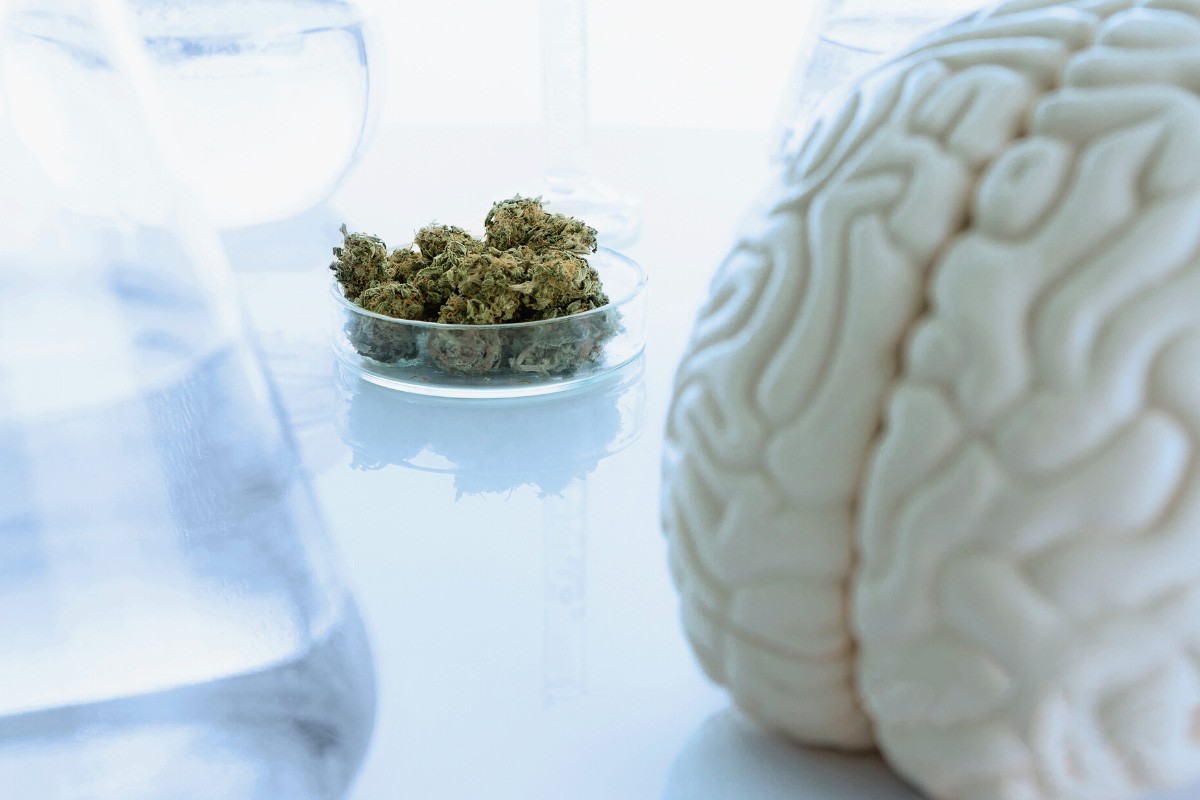The irritable bowel syndrome
People who suffer of the irritable bowel syndrome (IBS) suffer from bloating, constipation, diarrhea, nausea and abdominal cramps. The syndrome is one of the most common diseases of the gastrointestinal tract in adults. Approximately 10 to 15 percent of the population suffer from the condition. The symptoms are particularly burdening in everyday life and considerably restrict those affected. The development of IBS is usually attributed to psychological causes such as stress. Therefore, special attention is also paid to the patient’s psychological state during treatment. In addition to medication, for example to stimulate digestion, psychotherapy is often prescribed or a change in diet is recommended. Especially in the case of such a disease, in which the persons are massively restricted in their everyday life and thus in their lifestyle, it is important to consider as many different treatment methods as possible.Scientific Research on Irritable Bowel Syndrome & Cannabidiol
There are currently not many research projects on the treatment of irritable bowel syndrome with cannabidiol. The team around Banny S. Wong from the College of Medicine, Mayo Clinic in Rochester, Minnesota conducted a placebo-controlled study with 72 patients with IBS in 2011. The goal of the study was to examine the effect of dronabinol, also known as tetrahydrocannabinol (THC), on the bowel movements of individuals with IBS. The researchers suspected that dronabinol inhibits intestinal movements and that these inhibitory effects are influenced by genetic variations in cannabinoid receptor 1. To record the intestinal movements and thus to find out whether these are changed by the intake of THC, a measuring device was introduced to the test persons, in each case before and after the intake of the THC preparation or the placebo. The participants were divided into three groups of 24 subjects each. One group received the placebo preparation, one group received 2.5 mg dronabinol and the third group 5 mg dronabinol. Before taking the drug, the subjects were prepared by receiving an electrolyte solution and were required to fast for 12 hours. This was to allow the intestine to be studied in its resting state. After the preparations were taken, the subjects waited for one hour and then bowel movements were recorded. The Visual Analog Scale (VAS) was used to collect the tension, relaxation, energy, drowsiness, compliance and random phasic distensions of the intestine.Results of the study
The researchers found that the higher dose of THC preparation (5 mg dronabinol) showed the best effect. It was observed that it increased intestinal compliance and at the same time decreased fasting intestinal motility. Thus, it can be assumed that the irritation of the intestine decreased and the ongoing intestinal activity, which leads to diarrhea, became less due to the THC intake. The exact mechanism of action of dronabinol has not yet been fully investigated. When taking the placebo drug, the symptoms of the subjects did not change. In a previous study, a higher dose of the drug (7.5 mg dronabinol) was administered, which resulted in adverse side effects, such as increased stress, increased arousal levels, and bowel problems such as pain and bloating. Treatment of irritable bowel syndrome with THC preparations seems to be especially helpful in patients with diarrhea.Two patients with irritable bowel syndrome
In addition to the research studies in which the use of cannabidiol takes place under scientific conditions, there are so-called case studies in which patients use the drug in their private daily lives. A 45-year-old female patient with severe irritable bowel syndrome, depression, extreme daytime sleepiness and joint pain had already taken various medications for symptom relief, but without success. As a further attempt at therapy, she took a cannabis preparation containing 0.3% THC daily for 18 months. After the entire period, her symptoms improved greatly, and she reported only a few episodes of diarrhea and hardly any joint pain.Another patient (22 years old), also diagnosed with severe IBS, was so severely affected that she was forced to wear diapers when leaving the house. She had also been previously treated with numerous medications without success. After taking 25 mg of a cannabis preparation containing 0.3% THC for several months, she reports having almost no IBS symptoms.
Conclusion
Both the scientific study and the case studies showed an improvement in IBS symptoms in individuals taking a THC-containing drug. Diseases that affect the intestines are not only difficult to treat, but also particularly stressful for those affected. In addition to restrictions in everyday life, they often suffer from psychological stress due to the permanent strain. Therefore, research into alternative treatment concepts is particularly important. As described in the case studies, conventional clinical therapies can no longer lead to an improvement of the symptoms in some patients. In these cases, however, medical cannabis was shown to be an effective alternative. At the same time, the THC-containing drug dronabinol can be used effectively in higher doses to treat IBS.
Outlook
In current research, there is limited and very specific research on the effect of medical cannabis on IBS. Despite the promising results cannabidiol shows on the digestive system, there is a lack of research. In addition, the effect of CBD on the symptoms of irritable bowel should be studied. Especially for this condition, where the cause often cannot be clearly determined, all treatment options that could provide relief to sufferers should be explored and used.








